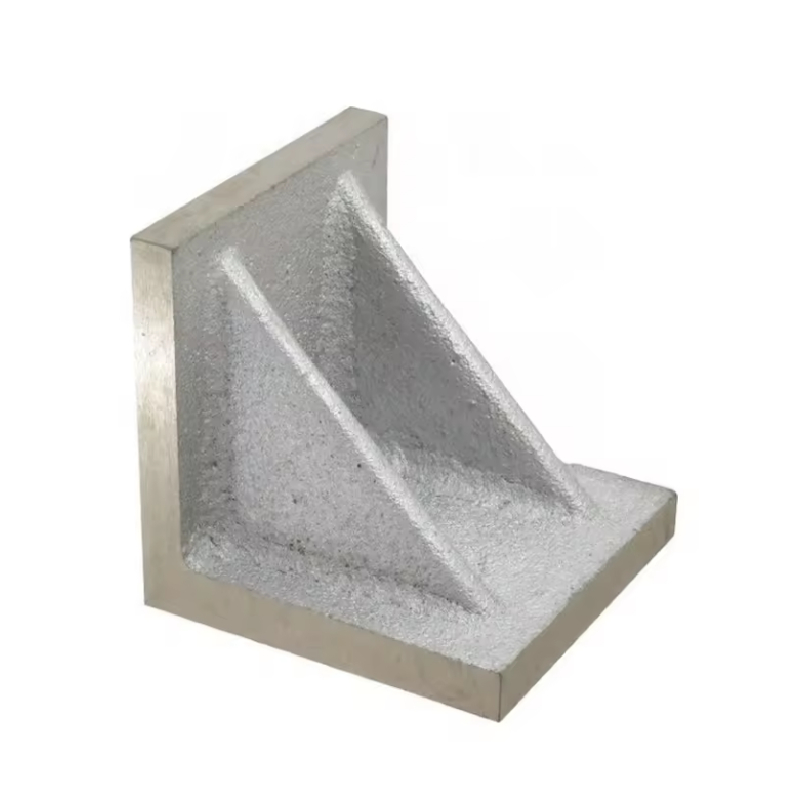ऑक्टोबर . 13, 2024 00:59 Back to list
water pressure control valve
Understanding Water Pressure Control Valves
Water pressure control valves are crucial components in various plumbing and irrigation systems. These devices help maintain a steady flow of water while regulating pressure, which can prevent damage to pipes and fixtures, conserve water, and enhance the efficiency of the system.
One of the primary functions of a water pressure control valve is to manage the pressure of water as it moves through a system. In many households and industrial applications, water pressure can fluctuate due to various factors, such as nearby usage, pump activity, or changes in supply. Such fluctuations can lead to problems, including pipe bursts, leaks, and inefficient water usage. A pressure control valve alleviates these issues by automatically adjusting the water flow based on pre-set pressure levels.
A typical water pressure control valve operates on a simple principle. The valve uses an internal mechanism that opens or closes in response to fluctuations in water pressure. When the pressure exceeds a certain threshold, the valve will partially close to reduce flow, and when the pressure drops below the acceptable range, it will open to allow more flow. This continuous adjustment ensures that the water pressure remains within a defined range.
The benefits of installing a water pressure control valve are numerous. Firstly, it helps extend the lifespan of plumbing fixtures and appliances. High water pressure can cause excessive wear and tear on devices like washing machines, dishwashers, and water heaters, leading to costly repairs or early replacements. By maintaining optimal pressure levels, these valves can significantly reduce the likelihood of such issues.
water pressure control valve

Secondly, water pressure control valves contribute to water conservation. By preventing excess water flow, these valves help reduce the consumption of water in irrigation systems and minimize wastage in residential settings. This is especially crucial in areas facing water scarcity, where every drop counts.
Furthermore, these valves can enhance system efficiency. A steady water pressure ensures that sprinkler systems function effectively, providing consistent coverage and reducing the chances of under or over-watering. In industrial applications, maintaining correct pressure can improve the performance of machinery and reduce energy costs.
There are various types of water pressure control valves, including pressure-reducing valves (PRVs), relief valves, and backflow preventers. Pressure-reducing valves, for instance, are specifically designed to lower incoming water pressure to a more manageable level, making them ideal for residential systems. Relief valves, on the other hand, serve to prevent overpressure conditions, ensuring safety and system integrity.
In conclusion, water pressure control valves play a vital role in managing water flow and pressure in various systems. They not only protect plumbing fixtures and appliances from damage but also contribute to water conservation and system efficiency. For anyone considering improvements to their plumbing or irrigation systems, installing a water pressure control valve is a wise investment that can yield significant benefits in the long run. It is essential to consult with a professional to select the appropriate type of valve and ensure proper installation, maximizing the advantages these devices offer.
-
Why Metric Trapezoidal Thread is Ideal for Precision Motion ControlNewsAug.05,2025
-
The Unique Properties of a Block of Granite for Industrial UseNewsAug.05,2025
-
The Role of Flanged Y Strainers in Preventing Pipeline ClogsNewsAug.05,2025
-
The Importance of Regular Calibration for Master Ring GagesNewsAug.05,2025
-
How a Cast Iron Surface Table Enhances Accuracy in ManufacturingNewsAug.05,2025
-
Comparing Different Check Valve Types for Optimal Flow ControlNewsAug.05,2025
Related PRODUCTS









